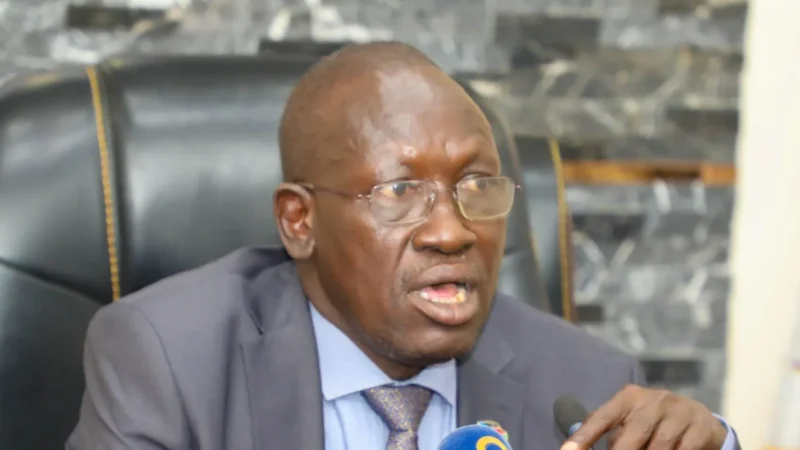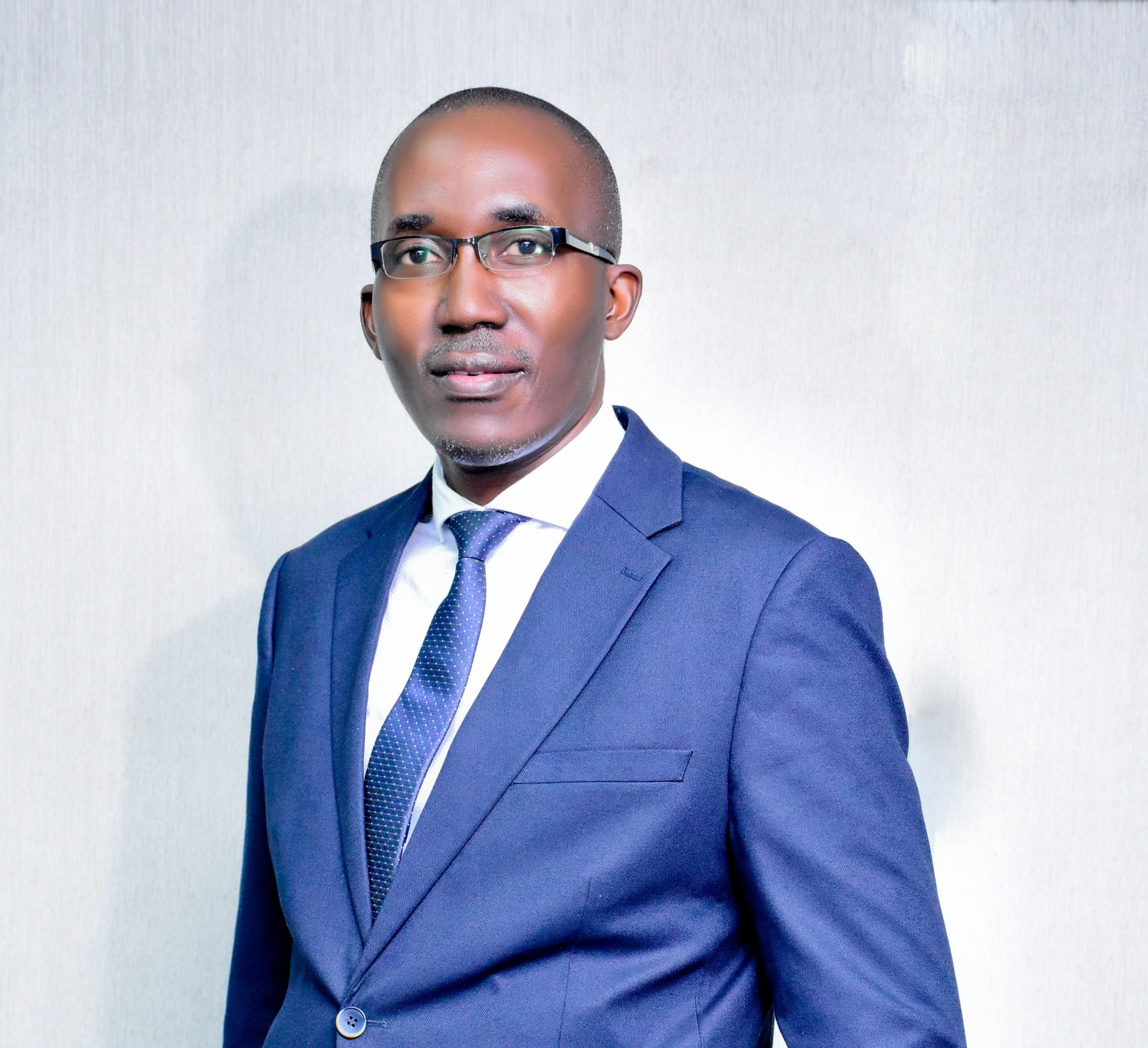By: Michael Jjingo
Speech is silver, silence is golden! Both are precious, with silence considered to be more valuable . Silence is the harder of the two. But, saying nothing sometimes says the most. And, when you have nothing to say, say nothing.
The self-reflection that comes with silence allows you to fully experience and appreciate the sources of true satisfaction in life. Thus, it is imperative to make time for it. There are several first steps one can take to start the process of creating space for great silence in life, “Silentium Magnum”.
Being silent allows us to channel our energies. It gives us the clarity we need to calmly face challenges and uncertainty. The hour of silence I practice each morning, and encourage you to practice as well, can be a time for collecting our thoughts, training our minds, and deciding how we want to enter the day.
During an argument, taking a moment of silence can allow both parties to calm down and collect their thoughts. This can prevent the situation from escalating and allow for a more productive conversation. Additionally, silence can be used to show empathy and understanding.
Well, silence can convey a way of mystery and power since it leads the opposite side to believe that you simply are willing to steer away rather than settling for fewer than the specified outcome. most of the people are uncomfortable with silence and using it in negotiations may be a great way to urge what you would like.
Finding moments of silence can have significant psychological and mental health advantages and give you a greater sense of peace. With all of the constant noise we hear on a day-to-day basis, embracing silence can help stimulate our brain and to process information.
Silence may help our health in several ways, including: lowering blood pressure, improving concentration and focus, calming racing thoughts, stimulating brain growth, stimulating creativity and encouraging mindfulness.
True, silence helps facilitate introspection, a process that aids in self-discovery and the cultivation of self-awareness. Periods of silence can offer the opportunity to reflect on one’s experiences, thoughts, and feelings, promoting greater emotional understanding and cognitive clarity.
Silence unlocks our creativity, allowing innovative ideas to flourish. By immersing ourselves in silence, we cultivate self-awareness and foster personal growth. Moreover, silence provides a tranquil space that nurtures inner calmness and mental clarity, essential in combating the stresses of everyday life.
Scripture tells us that silence can help us avoid sinning (Proverbs 10:19), gain respect (Proverbs 11:12), and is deemed wise and intelligent (Proverbs 17:28). In other words, you may be blessed by holding your tongue. Ultimately, refraining from speaking in certain situations means we are practicing self-control.
Schedule time each day to sit in a quiet space, clear your mind and focus on your breathing. This practice can help you develop a sense of calm when negative thoughts arise, which can help you regulate your emotions and behaviors.
By dipping oneself in silence, it can cultivate a deeper sense of self-awareness, fostering personal growth and introspection. Many distractions and noises flood our world. Silence puts us in the position of power. The minute you open your mouth, you can lose an argument or be talked into something or even just waste your time and energy.
Noteworthy, silence is necessary for strong relationships to last. Silence can show a level of vulnerability and comfort within a relationship. At other times, one or both individuals may need a break from verbal communication, just being content in each other’s space.
Being quiet is, in some way, equivalent to keeping your mouth shut, not making your voice heard. But being silent is more about entering a sacred place within yourself. When you’re silent, an inner sanctuary opens up and your mind calms down and is freed from the endless cycle of thinking.
When you cultivate silence and solitude, your whole body will relax, which can lead to physical healing. “Relaxation is a primary mechanism for healing,” says Buttimer. When we are under stress, our body’s natural repair mechanisms are disabled.
During conflict resolution, Silence is not just the absence of words. It’s a powerful tool that can convey meaning, emotion, and intention. Silence can also create space for reflection, listening, and empathy, which are essential for resolving conflicts.
The flipside of silence could be: People will not make you a friend; people start taking you for granted and will only use you for their mean purposes, people will start controlling and dominating you, some people will take you as a proud person. But, the smarter you get, the less you speak. The deepest feeling always shows itself in silence.
The writer is the General Manager Commercial banking at Centenary Bank










